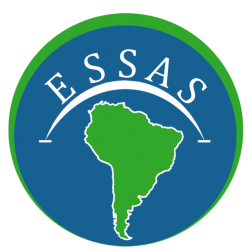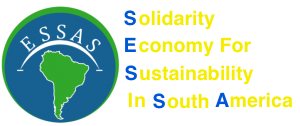THE SCIENTIFIC AND ETHICS COUNCIL

Flavio Aristone, Universidade Federal do Mato Grosso do Sul , Brasil
Antonio Elizalde Hevia, Universidad Bolivariana de Santiago, Chili
Hugo Dayan, Université Pierre et Marie-Curie (UPMC)
Pablo Guerra, Universidad de la República, Uruguay
André Joyal, Université de Quebec Trois Rivières, Canada
Cléonice le Bourlegat, presidente do CSE, Universidade Católica Dom Bosco, MS-Brasil
Sabrina Liberatoscioli, ONG Centro Studi Americanistici, Italia
Nicolas Meyer, ONG Nuestras Huellas, Argentina
Dalva Mirian Coura Aveiro, Incubadora Tecnológica de Cooperativas Populares da Universidade Federal de Mato Grosso do Sul Brasil
Silvana Parente, Insitute Asessoria para o Desenvolvimento Humano, Brasil
Dominique Vanneste, Université Catholique de Leuven, Belgique
Tania Zapata, Instituto de Assessoria para o Desinvolvimento Humano, Brasil
Naouffel Ziadi, Centre d’Etudes et de Recherches Economiques et Sociales, Tunisie
THE SCIENTIFIC AND ETHICS COUNCIL
Members of the Scientific and Ethics Council are proposed by partners of the program and are appointed on the basis of their skills in sustainable development, local development and solidarity economy by the scientific director of the program ESSAS.
The Scientific and Ethics Council is an advisory body whose purpose is to ensure ethical and scientific relevance of the approach and results.
It meets at the demand of the scientific program or his (her) chair for:
* Make a comment about the program flow
* Review and advise on the scientific relevance of the approach
* Organize the scientific evaluation of the approach and results under the conditions determined by the Scientific Program
* To give an opinion on the accession of new partners that may be involved or participate in the program
* Carry out a review of scientific activity. For evaluation, the Board may rely, as appropriate, on the experts it designates and which defines the missions. However the scientific department of the program may request an evaluation of its activities by an external authority.
* Make any proposal on new scientific collaboration networks and extensions of the initial program
* Ensure the requirements of maintaining the objectives, scientific and ethical program in its later developments.


